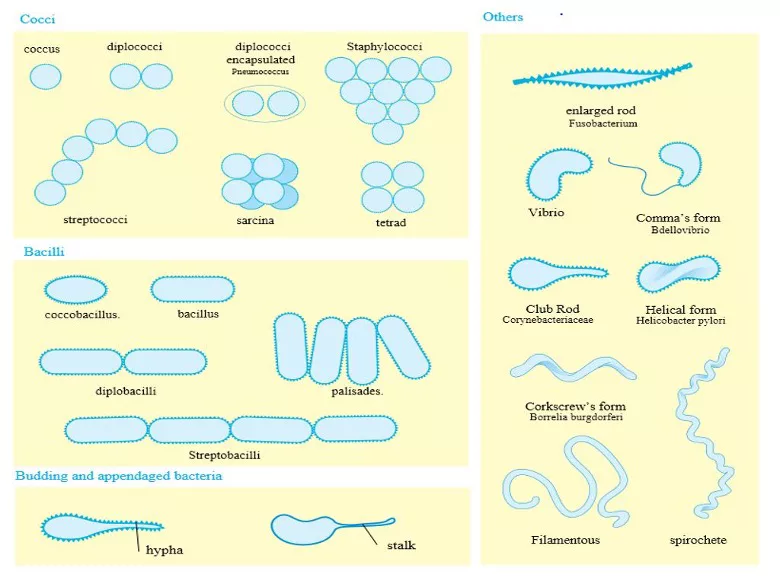The conventional and highly appropriate response from regulatory agencies in times of water emergencies is to notify all consumers to boil all water used for drinking or culinary purposes until bacteriological samples demonstrate that the water is safe, and/or
until appropriate corrective actions have been completed. Such notices are commonly called a “boil water advisory” (BWA).
The following list of typical criteria used by utilities and municipalities for issuing a BWA shows a variety of circumstances that can commonly trigger boil water advisories.
- Disruption of water treatment or water supply facilities, such as flooded wells or treatment plants, broken water mains, or power outage.
- Sudden increase in reported illnesses suspected to be caused by contaminated drinking water.
- Positive detection of disease‐causing waterborne microorganisms.
- Positive coliform detection that is determined to persist (repetitive positive sample analysis results) in a public water system.
- High turbidity or sudden increase in turbidity signifying potential contamination from disease‐causing microorganisms.
- Lack of chlorine residual.
- Water pressure falling below 20 pounds per square inch (psi) in any portion of the public supply’s water distribution system.


